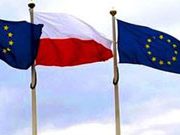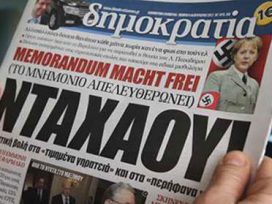A beautifying lie?
Culture and kitsch @ London2012
The opening ceremony of the London Olympics, themed “The Isle of Wonders”, will offer a pastiche of national identity in which the darker sides of the British psyche are lost in a multiculturalist high-kitsch spectacular, anticipates Phil Cohen.




